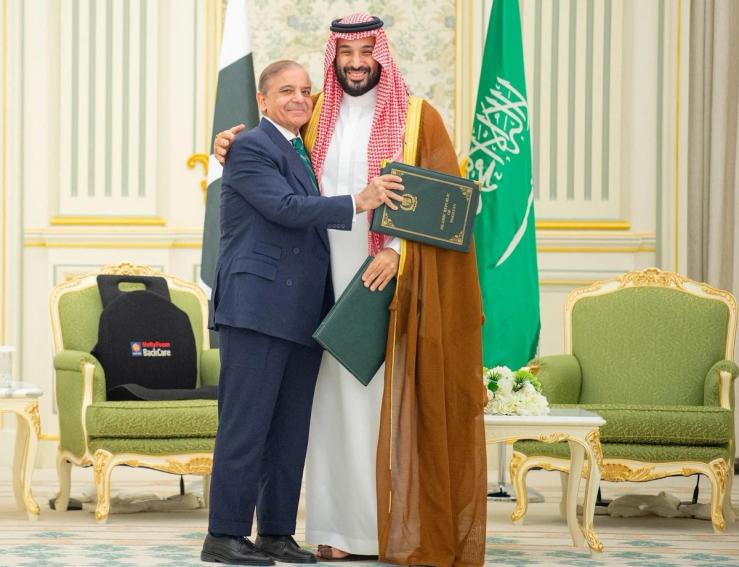There’s an old adage among Gulf hands: if Iran gets a nuclear weapon, Saudi Arabia won’t need to race for one — it already has them, in Pakistan. There’s no evidence to support that claim, but Riyadh offers extensive financial support for Islamabad, the pair have deep military ties, and Pakistani historians admit their country couldn’t have developed the “Islamic bomb” without Saudi and Gulf backing.
On Wednesday, Saudi Arabia and Pakistan signed a formal mutual defense pact, strengthening their decades-long partnership. The agreement is ambiguous enough not to raise immediate alarm in Israel, India, or the US, and Saudi officials say it was years in the making. Its timing, however, came just after an Arab-Islamic summit in Doha condemning Israel’s strike in Qatar and amid deepening doubts over US security commitments in the Gulf. On Thursday, Bahrain, Kuwait, Saudi, and the UAE agreed to boost intelligence sharing and military cooperation.
The Saudi-Pakistan pact can’t replace American military power in the region, but it sends a message. “It shows Saudi Arabia has options and the US is not the only game in town,” Ali Shihabi, a Saudi commentator close to the royal court, told the Financial Times.


